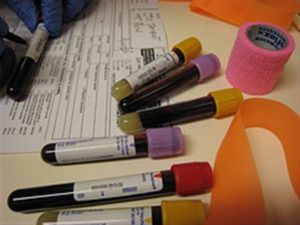
The Court began its analysis by looking at OCGA § 24-8-803(6), which provides:
“Unless the source of information or the method or circumstances of preparation indicate lack of trustworthiness and subject to the provisions of Chapter 7 of this title, a memorandum, report, record, or data compilation, in any form, of acts, events, conditions, opinions, or diagnoses, if (A) made at or near the time of the described acts, events, conditions, opinions, or diagnoses; (B) made by, or from information transmitted by, a person with personal knowledge and a business duty to report; (C) kept in the course of a regularly conducted business activity; and (D) it was the regular practice of that business activity to make the memorandum, report, record, or data compilation, all as shown by the testimony of the custodian or other qualified witness or by a certification that complies with paragraph (11) or (12) of Code Section 24-9-902 or by any other statute permitting certification. The term “business” as used in this paragraph includes any business, institution, association, profession, occupation, and calling of every kind, whether or not conducted for profit…”
OCGA § 24-9-902(11) provides that “the original or a duplicate of a domestic record of regularly conducted activity that would be admissible under paragraph (6) of Code Section 24-8-803 if accompanied by a written declaration of its custodian or other qualified person certifying that the record … was made at or near the time of the occurrence of the matters set forth by, or from information transmitted by, a person with knowledge of such matters; was kept in the course of the regularly conducted activity, and was made by the regularly conducted activity as a regular practice.”

